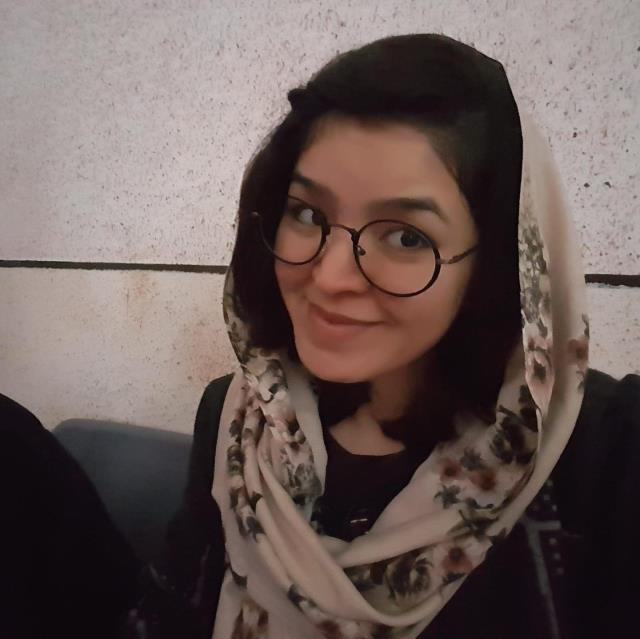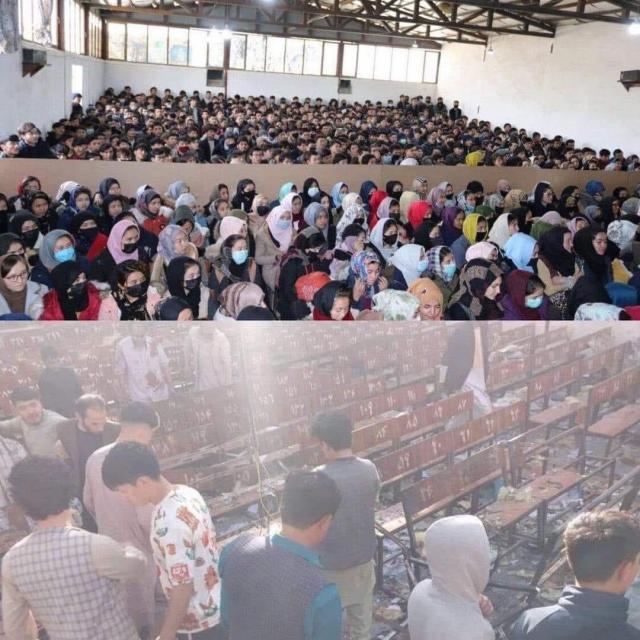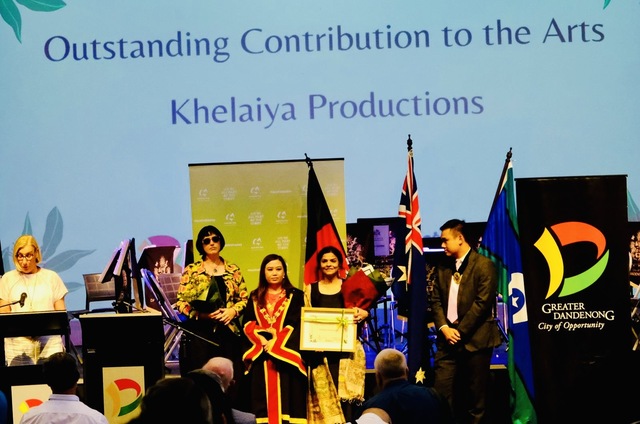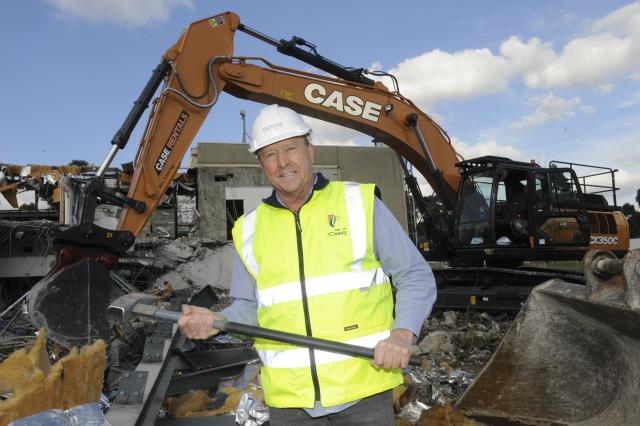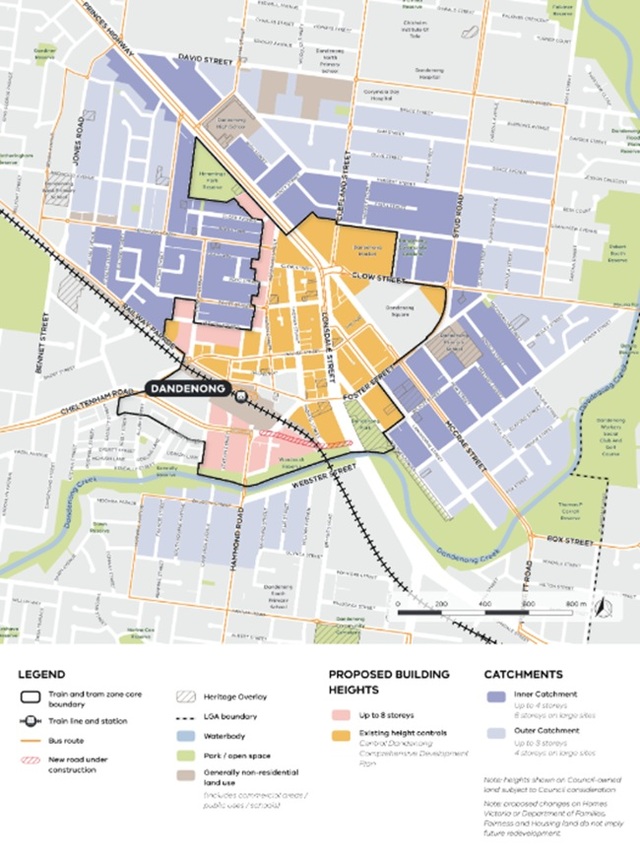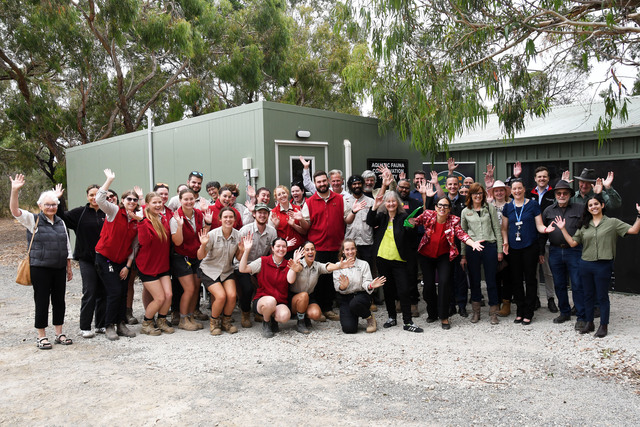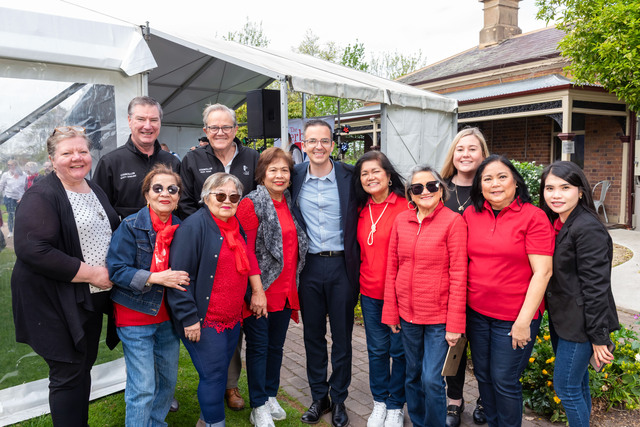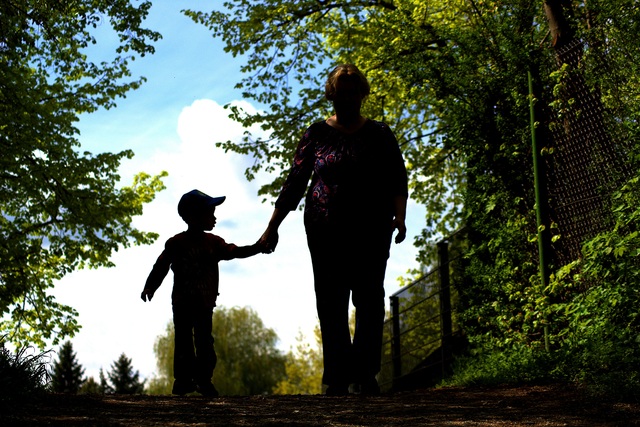It was Friday evening at our staff gathering in a Melbourne hotel, when CNN broke the news: an education centre is attacked by a suicide bomber in Kabul, causalities are growing.
With this news, I was totally frozen and about to scream.
Thanks to social media, reports after reports surfaced about the personal stories of lost girls and the heartbreaking mourning of their loved-ones.
As a journalist and Hazara girl, any news about Hazaras specifically women in Afghanistan are killing me in that moment.
This was yet another suicide attack occurred on 30 September 2022 inside the Kaaj Educational Centre in the Dasht-e-Barchi district of West Kabul, Afghanistan.
According to Aljazeera, the death toll raised over 35, mostly girls and injured at least 82 other students. But a local media, Etilaat Roz reported 49 so far dead and 97 wounded. Among them 43 girls have been killed and 61 girls are wounded.
It is said that students were taking tests in preparation for their university exams at this centre when the suicide bombing occurred.
Ali Irfani, who escaped the carnage told AFP that not many boys were hit because they were at the rear end of the classroom. The bomber entered from the front door where girls were sitting.
Soon after this horrific incident dozens of women rushed to the hospital chanting to stop Hazara genocide. According to local media, Taliban has beaten and arrested 20 of them.
We as Hazaras haven’t recovered from past wounds implemented by dictatorial Pashtun governments of Afghanistan through the course of history. Yet still new tragedies arise.
Hazaras have experienced persecution, genocide, ethnic cleansing, target killing, discrimination and so on by terrorists and then Afghanistan governments.
Now, Hazaras are in a worse situation than ever and at “serious risk of genocide at the hands of IS-K and the Taliban”, according to the UK Parliament’s Hazara Inquiry.
Since August 2021, IS-K has claimed responsibility for 13 attacks against Hazaras and has been linked to at least 3 more, killing and injuring at least 700 people.
“There are reports of arbitrary arrests, torture and other ill-treatment, summary executions and enforced disappearances,” a U.N. Special Rapporteur stated last month.
“In addition, an increase in inflammatory speech is being reported, both online and in some mosques during Friday prayers, including calling for Hazaras to be killed.”
Since Taliban’s takeover of Afghanistan, under their Sharia law, women’s basic human rights are in question.
Women across Afghanistan, especially in Kabul, lost their freedom of choice in dress, education and employment.
The Taliban has banned female students from high schools.
Hazara girls preparing for a university entrance exam at Kaaj Educational Centre were in defiance of Taliban’s policies.
As of now, in Afghanistan every Hazara women at different ages, especially professionals and students are more vulnerable under the Taliban leadership.
Hazara women can’t accept Sharia Law, as it is totally against their every belief.
Before another suicide bombing against Hazaras, the international community should fully protect them under the UN’s Genocide Convention and customary international law.
The international community should hold Taliban accountable by not recognising their government and implementing hard economic sanctions.
Hazara women and girls have the right to speak freely, get education, gain a professional profile and seek independence.
International groups across the world should stand with them.

